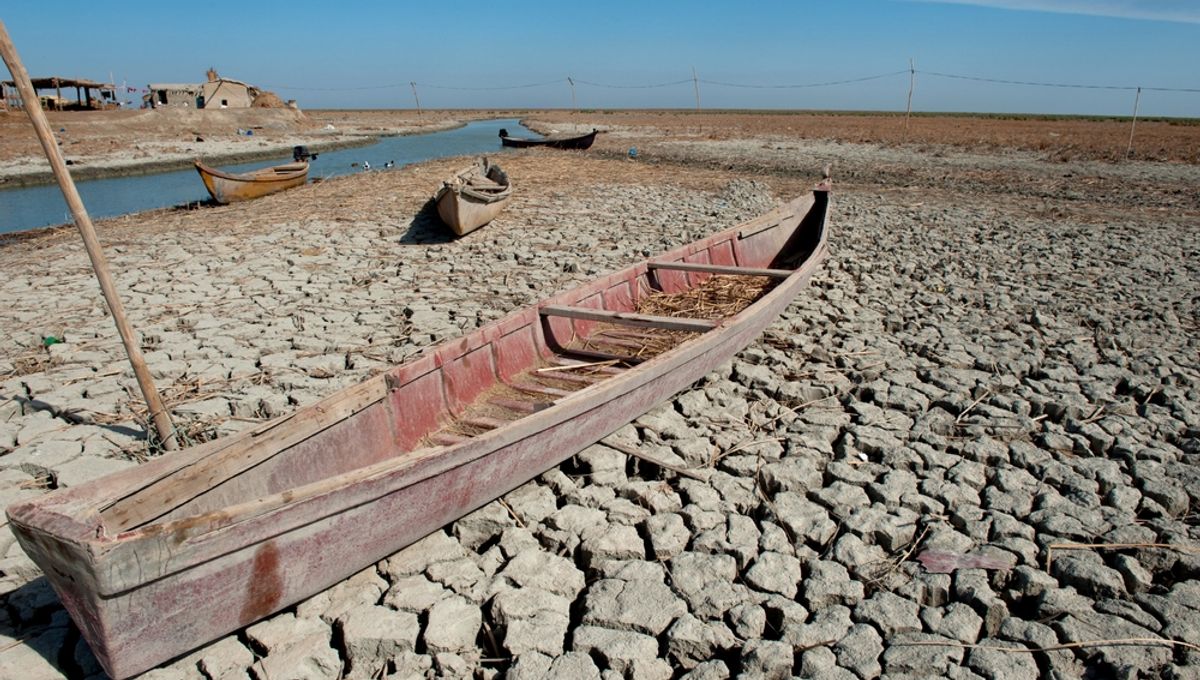Hold on tight, because it seems like the time we’ve been dreading is almost here.
Alongside the majestic Tigris, the Euphrates flows through present-day Syria and Iraq, creating a lifeline for farming communities and magnificent cities in Mesopotamia, the birthplace of ancient civilizations.
But over the past few decades, a troubling reality has emerged: the Tigris-Euphrates river system is drying up. A government report in 2021 issued a stark warning that these rivers could run dry by 2040 due to declining water levels and climate change-induced droughts.
In 2013, NASA’s GRACE satellites captured images of the region, revealing a shocking loss of 144 cubic kilometers (34 cubic miles) of freshwater in the Tigris and Euphrates river basins since 2003.
“The GRACE data shows an alarming rate of decrease in total water storage in the Tigris and Euphrates river basins, making them the second fastest groundwater storage loss areas on Earth, after India,” said Jay Famiglietti, a hydrologist and professor at UC Irvine, in a statement.

“This rate became especially alarming after the 2007 drought. Meanwhile, the demand for freshwater continues to rise, and the region lacks coordination in water management due to differing interpretations of international laws,” explained Famiglietti.
The strain is already evident, but if the river system were to collapse entirely, it would be a catastrophe for the region. Millions of people in Turkey, Syria, and Iraq depend on the Tigris-Euphrates for their water supply. As the rivers struggle, disputes over water access are already intensifying. Unfortunately, these conflicts have hindered any effective solution to the problem.
With water scarcity becoming a reality, these countries may also face a looming public health crisis. A recent report published in the British Medical Journal (BMJ) investigated the multitude of health emergencies arising in Iraq due to the struggle for clean water.
“Diarrhea, chickenpox, measles, typhoid fever, and cholera are spreading across Iraq because of the water crisis, and the government no longer provides vaccines to its citizens,” warned Naseer Baqar, a climate activist and field coordinator at the Tigris River Protectors Association in Iraq, in an interview with the BMJ.
While we should take biblical predictions with a grain of salt, it seems that their forecast of monumental change may not have been far off.








